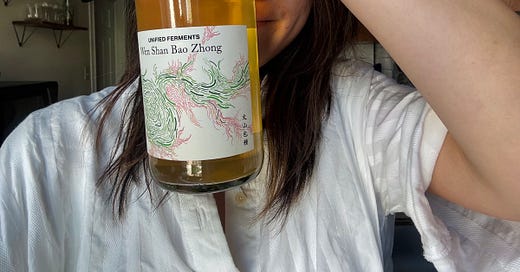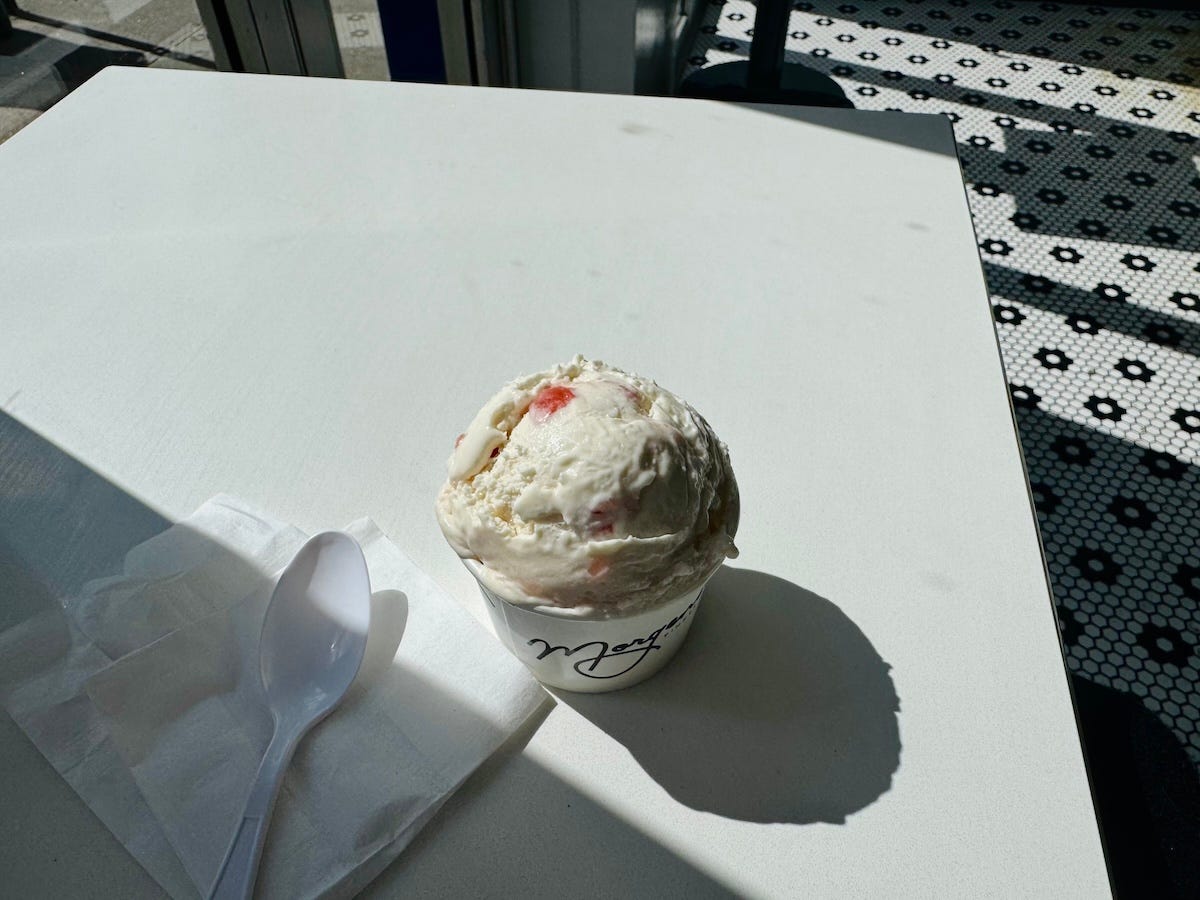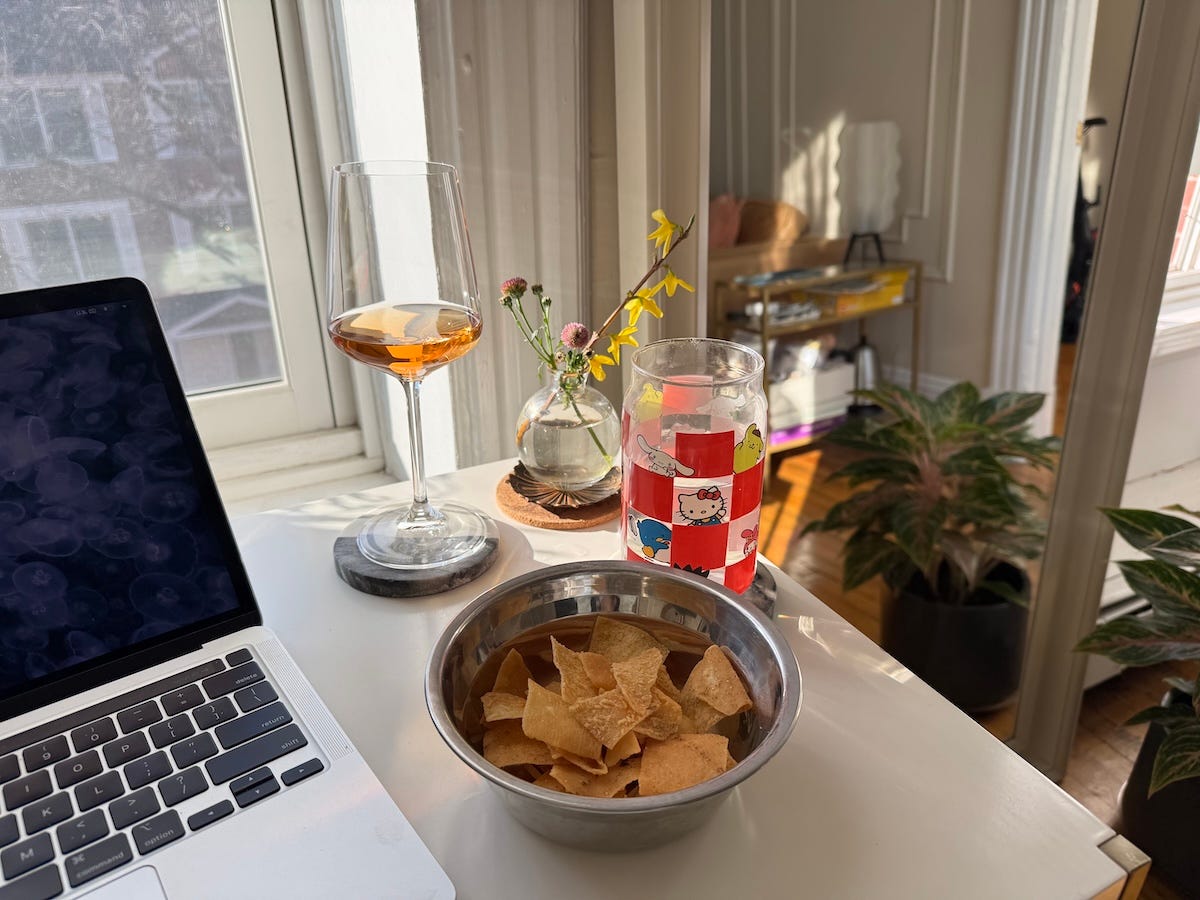I am very good at enjoying mini extravagances. The type of purchases you could easily rationalize in either direction, depending on your mood. (see above)
This is balanced out with "kid of immigrant entrepreneurs trained in fiscal responsibility" though allowances are of course made for things like heartbreak balayage, or as I've come to learn, business R&D.
I used to lead the brand team at a research company so it's ironic that I'm hesitant to spend when it comes to research for my own business, given we wrote the deck on why invest in insights during volatile markets?
Maybe I'm scared of what I'll find?
Insights are most valuable when challenging assumptions, not validating (often political) hypotheses. Our clients didn't just need data; they needed reliable support in building cultures of listening and learning.
When you're good, it's too easy to assume you're right. (Or on the flip side - when you feel stagnant, that's also a good time to do research.)
Microsoft was one of our most rigorous clients in challenging assumptions. It trickled down to how they screened for interviewees. It wasn't enough if someone had the right job profile (already hard to find at scale) - moreover, "we're looking for someone who can think imaginatively on the state of our industry."
I don't need to talk to a bunch of senior cloud software engineers both zany and brainy, but it's still a lesson to bring more focus to my biz dev conversations.
When you're flying solo, you're equal parts sales and marketing, legal and ops - but we don't really talk about also being R&D head. Listening to other people's guts & lived experiences in addition to our own. Maybe we're not doing enough of it? Or maybe we're just not framing it as such?
The many sides of the "Make Millions" mandate
I've been having research calls with founders and brand leaders to help shape my indie consulting focus (yes, needed even as a generalist). My assumption is - as long as there's tension between art and finance, and as long as I can find enough people critically thinking about and shipping work in that tension, I will have work.
When reporting to C-suite at a Series B startup, I felt the imperative of making money. This connection crystallized when leadership restructured our goals, and our marketing team traded marketing-attributed revenue for overall revenue goals. (This made sense but I agree with it even more in retrospect, now that I've talked to more teams with more siloed goals. Makes crossfunctional cohesion tougher.)
My job was to make millions. And of course build a world class brand in service of that.
Yet in my research, I've spoken with people across the spectrum of proximity and urgency to the "Make Millions" mandate. It's been a mix of billion dollar startups, bootstrapped and/or pre-revenue startups, and agencies with separate client services teams accountable to revenue.
But they share needs and dreams regardless of company size, plus or minus some of the politics. What brand, content, & editorial leaders want these days:
More capacity to exercise risk-taking and intellectual curiosity—qualities often suppressed inside large organizations, or even in small orgs with large clients.
Mutual understanding with senior stakeholders in how media & attention work. For example...
Content is hard. Most people need help writing and designing up to brand standards.
AI tools don't work without governance, and often also 10k+ invested to customize to your brand.
Trends don't always need to be adopted. In B2B you're at risk of losing too much when you divert all that attention to playing algo games.
Exec-friendly framing of performance timelines—knowing how to measure for long term impact while surfacing the short term, real time payoffs of brand investments.
A partner in crime. Esp in slashed and strapped teams, they miss partners (like agencies & contractors) whose imaginations aren't shadowed by org politics, who can sharpen their own thinking and protect the interesting edges from being shaved off.
Anyhow all this to say - my mom emailed me a recap of Sequoia's AI summit (she keeps me on my toes), which could recap itself with this line -
"It’s not about building bigger models, but better collaborative systems."
Sure, systems between AI agents but the the real messy bit is systems between people. Want a partner to help with systems-building so you can focus on risk-taking? Reply or email me :)
Culture budget for a company of one
I digress from extravagance. Now we return.
I made this whole fuss about spending on research and while I'm not paying people to have conversations with me, there's still a place for the monies to go. It's why companies have food & drink budgets. viva la cultura, don’t neglect this even if it's just with yourself!
Water is great but you ever try $30 kombucha to incentivize synthesis time?
This mini extravagance birthed out of wanting nice things while I write but also needing to sleep an uninterrupted nine hours so I have energy to lift the next morning. don’t hate me, join me
So these days we have transitioned from fermented grapes to fermented tea. Fruit to leaves. It's been fantastic, as illustrated by the chart below.
Vinyl: Also a good companion. Latest investment: Donna Summer's Greatest Hits. ($9!)
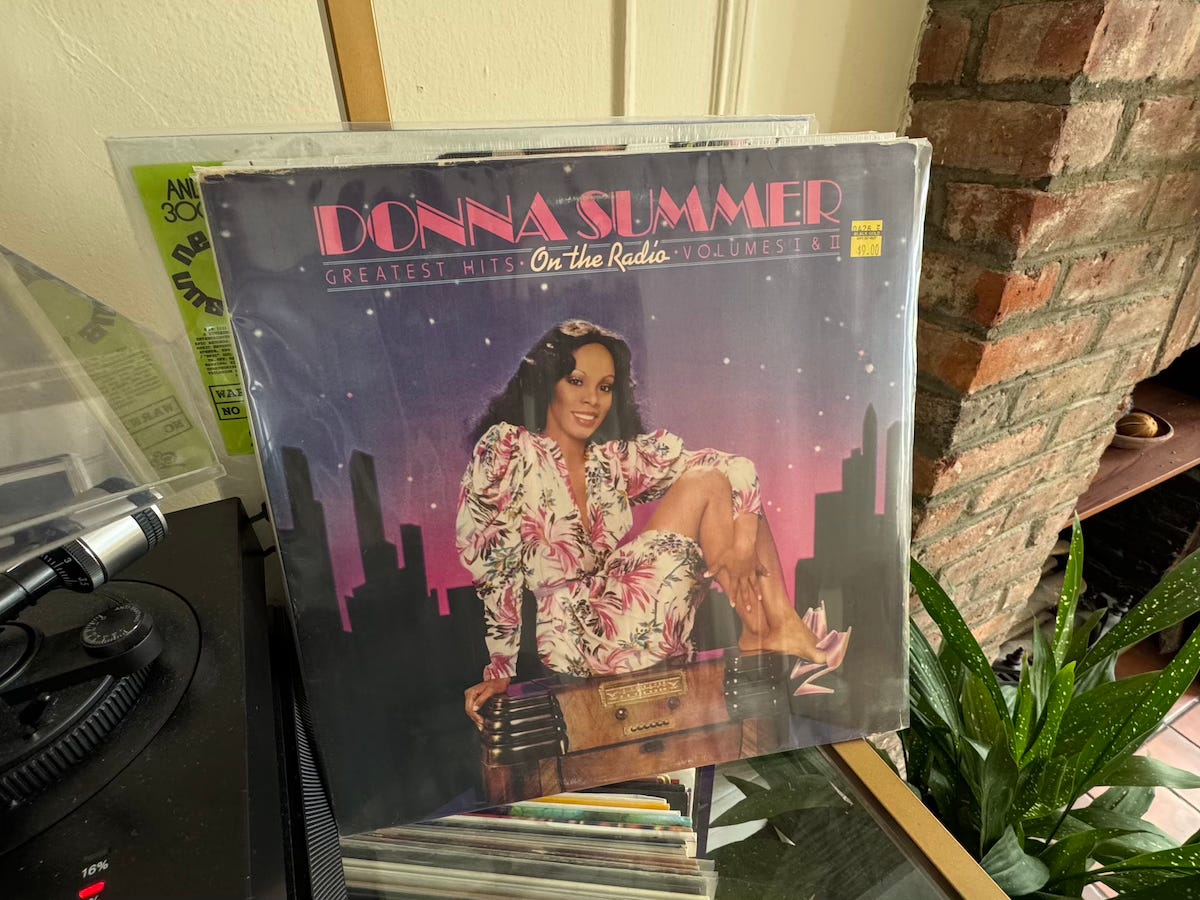
Rhubarb: Always welcome.



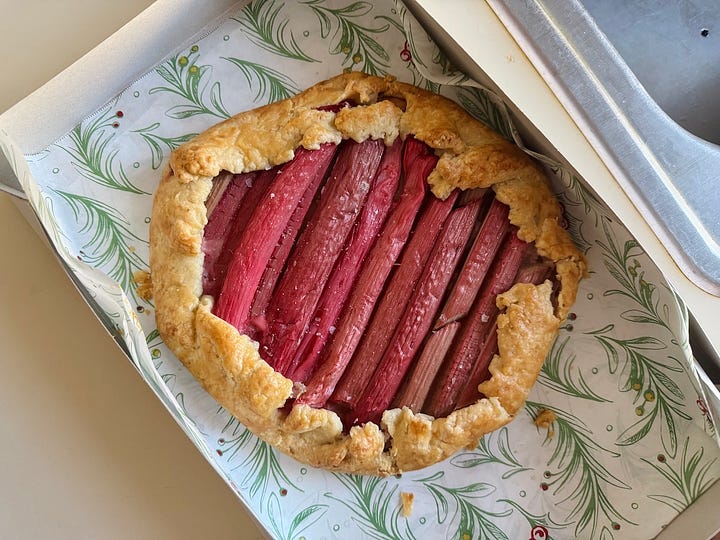
Back to kombucha: Not only did I confirm the eerie trend that Asian culture-inspired white guys with lots of hair tend to make products I love, I also found co-founder Young Stowe on starting Unified Ferments:
“We launched in January of 2020 which of course was an interesting time to launch a restaurant-focused, esoteric beverage company. That year was basically a wash, but it was useful because we had a lot of time on our hands. We had this company, we had some funding, and we had time to iterate and play around and figure out what actually works in terms of a full scale manufacturing operation. It was like an R&D year basically, that I think otherwise, we probably wouldn't have had. There's very few silver linings when it comes to COVID, but that's one of them.”
Which reminded me of a story I’d read last week in The Four Horsemen cookbook - James Murphy on the 'mistake' of calling the restaurant a wine bar when they first opened (they now have a Michelin star):
"There was also a vague fear that we'd get too much press, and risk being some sort of Next Big Thing...We didn’t want it rammed with people who might repel locals or drive away anyone who might take us seriously down the line. And we got our wish.
It wasn’t rammed.
The "Wine Bar" thing may have saved us by giving us that time and space to grow. I don't think we knew how big of a deal it is to have good, local regulars that come in all the time and hang out."
Back to R&D: Whether through crisis or controllable mistake or just the standard cost of doing business, the incubation period will find you.
It’s a gift!

